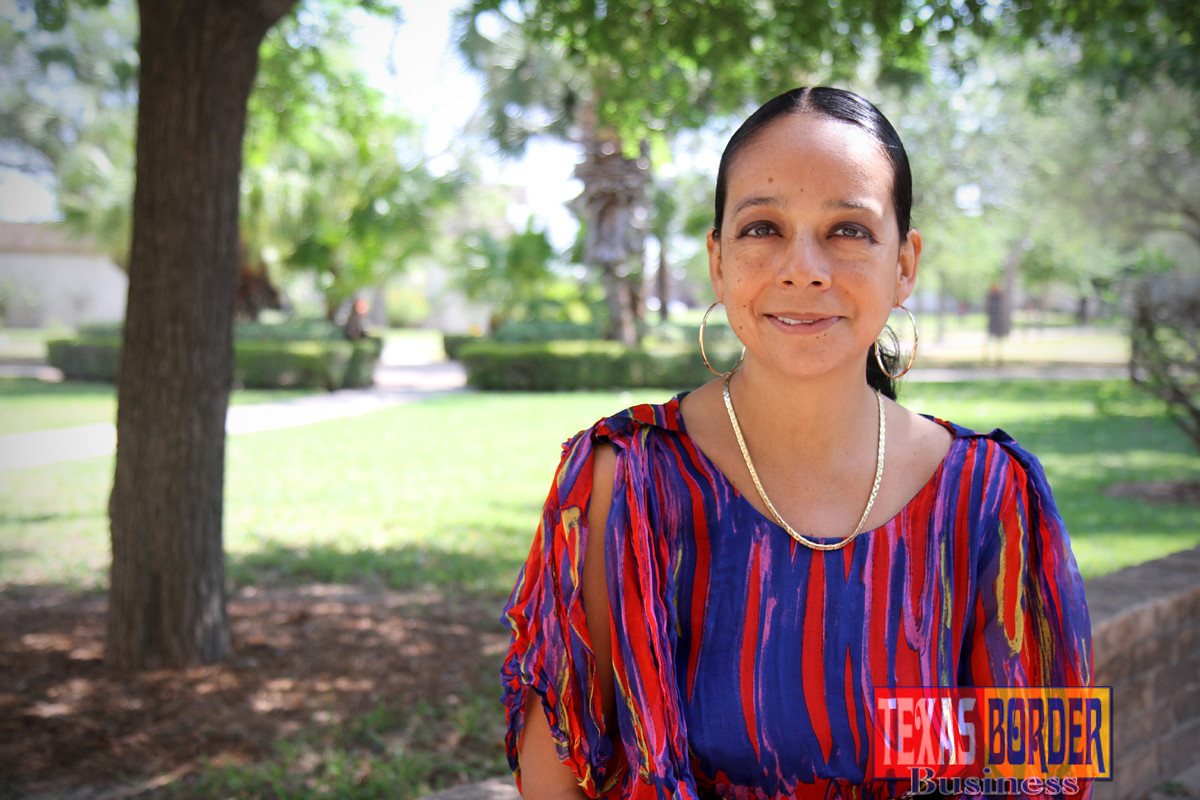
Texas Border Business
Topics include crime and violence in Latin America
By Vicky Brito
RIO GRANDE VALLEY, TEXAS – FEB. 8, 2017 – Dr. Guadalupe Correa-Cabrera, UTRGV associate professor of Public Affairs and Security Studies, was in Washington, D.C., to participate in a panel discussion Feb. 7 on “Crime and Violence in Latin America and the Caribbean: Prevention and Migration.”
The panel was hosted by the Woodrow Wilson Center’s Latin American Program, and the World Bank.
On Wednesday, Correa-Cabrera and other panelists addressed the persistence of violence in Latin America and how to prevent it, as well as ways to deal with the instability and migration it causes.
On the panel with Correa-Cabrera were:
· Rodrigo Guerrero, former mayor of Cali, Colombia.
· Eric L. Olsen, associate director of the Latin American Program at the Woodrow Wilson Center.
· Daniel Lederman, World Bank deputy chief economist for Latin America and the Caribbean.
The panel discussed how countries can help define policy approaches to dealing with widespread violence and its byproducts.
On the topic of border violence, Correa-Cabrera said citizens often have no choice but to flee from their homes.
“I have seen communities along the border where citizens have been unable to leave, and they are forced to stay in their houses,” she said. “But if violence becomes unbearable, they need to leave.”
Regarding crimes against women, Correa-Cabrera addressed the potential of social media and how it can help raise awareness.
“There is this perception that social media, as a way to mobilize civil society and facilitate real change, does not work,” she said. “I don’t believe that. I believe that it can help. I believe that … this can help unite people.”
The focus should lie within specific realities, she said, and cited how violence in the Mexican state of Chihuahua has made it one of the most difficult places for women working in maquiladoras.
“There is a concern that the Mexico’s violence can reach the U.S. side,” she said. “We have seen the power of Mexican transnational criminal organizations, but there is also a shared responsibility of what is taking place.”
Correa-Cabrera said more discussion is needed to help find collaborative transnational solutions to border violence, and called for the sharing of more, and better, information that can lead to solutions to the complex problems facing Latin America and the border region.
“A solution will only come with shared responsibly and commitment to dialogue,” she said. “There are sometimes misconceptions about this phenomenon that need to be clarified.”












